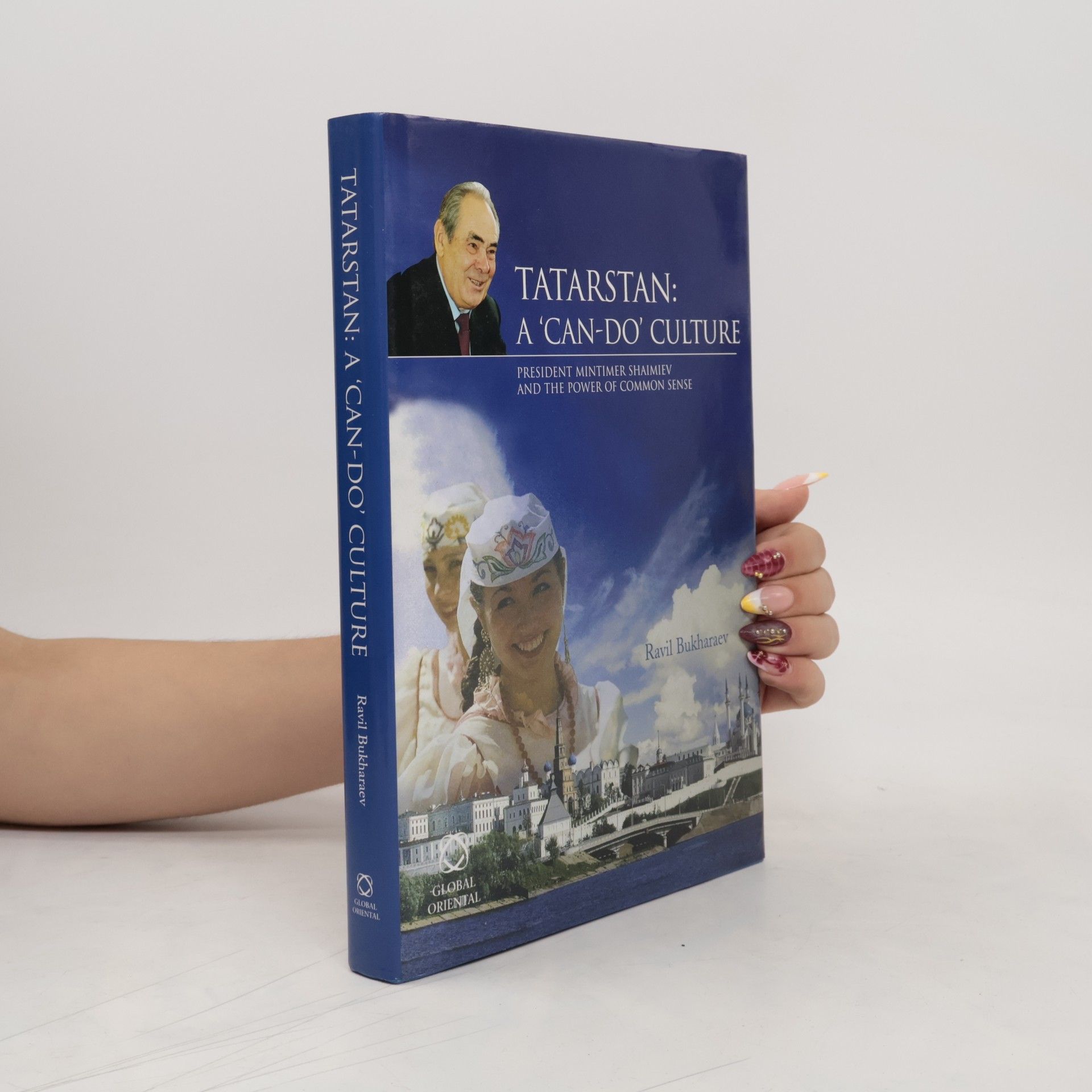Tartarstan: a "Can-Do" Culture
President Mintimer Shaimiev and the Power of Common Sense
In 1994, the term 'Tatarstan model' came into use to describe the path which one of Russia's constituent republics had adopted during the unprecedented conditions of its transformation from a Soviet-period pseudo-autonomous entity into a democratic market-economy state. Since then, this particular model of development has attracted increasing attention from both domestic Russian and international observers, not least on account of its enduring ethnic and religious multiculturalism. Focusing as it does on one of the most interesting and unusual regional examples of the Russian market transformation, successfully piloted by the republic's long-serving President Mintimer Shaimiev, this book also argues that whilst there may be no third way between democracy and tyranny, also in economic terms, there may be and, indeed, are different forms of successful transition not necessarily foreseen or properly understood by Western observers.

